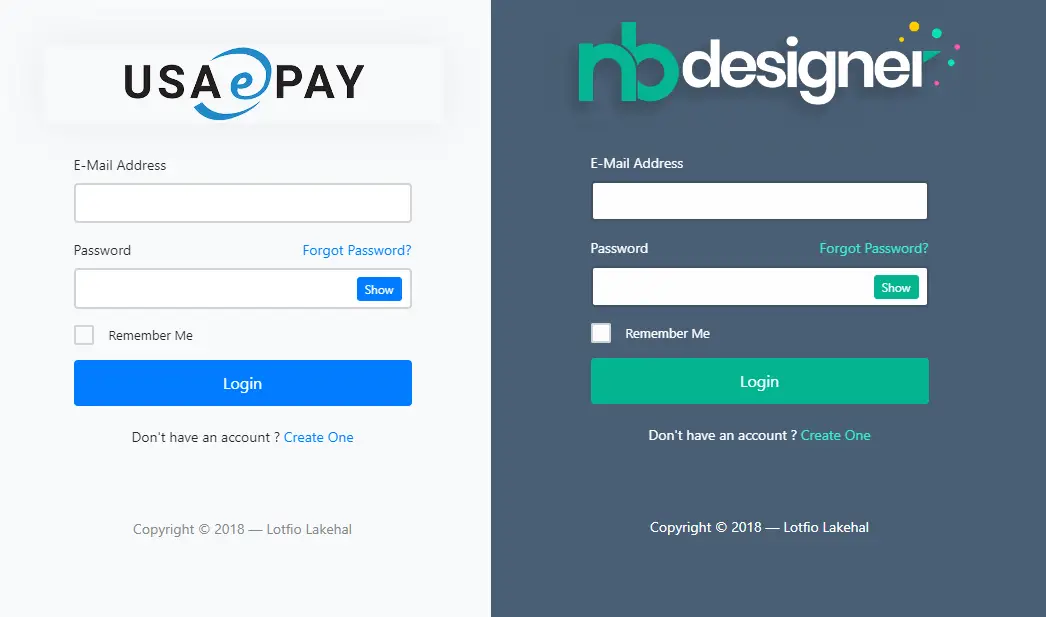Logging requests and responses in ASP.NET Core
By Tan Lee Published on Feb 04, 2025 537
The simplest way to achieve this is by utilizing the HTTP Logging middleware, introduced in version 6. This middleware is highly configurable, allowing you to tailor it to your needs. However, if you require more control over the logging process, you can create your own middleware.
Using the HTTP Logging Middleware
To use the built-in HTTP Logging middleware, you simply need to call the UseHttpLogging() method in your application initialization code.
var app = builder.Build(); app.UseHttpLogging();
Once this is set up, you also need to configure logging settings in the appsettings.json file to specify the log level for the middleware:
{
"Logging": {
"LogLevel": {
"Default": "Information",
"Microsoft.AspNetCore": "Warning",
"Microsoft.AspNetCore.HttpLogging.HttpLoggingMiddleware": "Information"
}
},
"AllowedHosts": "*"
}After setting this up, sending a request will result in logs like the following:
Request:
info: Microsoft.AspNetCore.HttpLogging.HttpLoggingMiddleware[1]
Request:
Protocol: HTTP/1.1
Method: GET
Scheme: https
Path: /weatherforecast
Accept: */*
Host: localhost:7291
User-Agent: PostmanRuntime/7.29.2
...other headers...Response:
info: Microsoft.AspNetCore.HttpLogging.HttpLoggingMiddleware[2]
Response:
StatusCode: 200
Content-Type: application/json; charset=utf-8
Date: Wed, 31 Aug 2022 14:04:17 GMT
Server: KestrelConfiguring What Gets Logged
By default, the HTTP Logging middleware logs key details, including:
- Request: Method, path, protocol, and headers
- Response: Status code and headers
However, you can fine-tune this by adjusting the HttpLoggingOptions settings. For example, if you want to log only the request path/method and the response status code, you can configure it like this:
using Microsoft.AspNetCore.HttpLogging;
var builder = WebApplication.CreateBuilder(args);
builder.Services.AddHttpLogging(httpLoggingOptions =>
{
httpLoggingOptions.LoggingFields =
HttpLoggingFields.RequestPath |
HttpLoggingFields.RequestMethod |
HttpLoggingFields.ResponseStatusCode;
});This configuration will log only the specified fields, which in this case results in logs that look like this:
info: Microsoft.AspNetCore.HttpLogging.HttpLoggingMiddleware[1]
Request:
Method: GET
Path: /weatherforecast
info: Microsoft.AspNetCore.HttpLogging.HttpLoggingMiddleware[2]
Response:
StatusCode: 200Request/Response Headers
When logging request/response headers, the middleware hides sensitive values by default, logging header names with the placeholder [Redacted]. To include the actual values of specific headers, you need to explicitly opt-in for them.
You can achieve this by adding the desired headers to the HttpLoggingOptions.RequestHeaders or HttpLoggingOptions.ResponseHeaders collections. For instance, if you want to log a custom request header called IsTest, you can configure it like this:
builder.Services.AddHttpLogging(opts =>
{
opts.RequestHeaders.Add("IsTest");
});With this configuration, the actual value of the IsTest header will be logged, as shown below:
info: Microsoft.AspNetCore.HttpLogging.HttpLoggingMiddleware[1]
Request:
IsTest: true
...other headers...If you hadn't added IsTest to the RequestHeaders, it would appear as [Redacted] in the logs.
This mechanism is designed with security in mind, preventing accidental exposure of sensitive information while still offering the flexibility to log what you need.
Default Headers Logged
The HTTP Logging middleware automatically logs several common headers. You don’t need to explicitly add them to the RequestHeaders or ResponseHeaders collections. The default headers include:
Request Headers:
- Accept
- Accept-Encoding
- User-Agent
- Host
- Content-Type
- Connection
- Cache-Control
- And more...
Response Headers:
- Content-Type
- Content-Length
- Date
- Server
- X-Powered-By
- And more...
If you prefer not to log a default header, you can easily remove it from the configuration. For example, to prevent the User-Agent header from being logged, you can configure it like this:
builder.Services.AddHttpLogging(httpLoggingOptions =>
{
httpLoggingOptions.RequestHeaders.Remove("User-Agent");
});You can also clear all default headers by calling httpLoggingOptions.RequestHeaders.Clear(). With this, any header not explicitly configured will have its value logged as [Redacted].
Logging HTTP requests and responses in ASP.NET Core is made easy with the HTTP Logging middleware, which allows you to log essential information such as headers and status codes.
- Implement security headers for an ASP.NET Core
- How to add security headers to an ASP.NET Core Application
- How to Initialize TagHelpers in ASP.NET Core with Shared Data
- Boost Your ASP.NET Core Website Performance with .NET Profiler
- The name 'Session' does not exist in the current context
- Implementing Two-Factor Authentication with Google Authenticator in ASP.NET Core
- How to securely reverse-proxy ASP.NET Core
- How to Retrieve Client IP in ASP.NET Core Behind a Reverse Proxy





